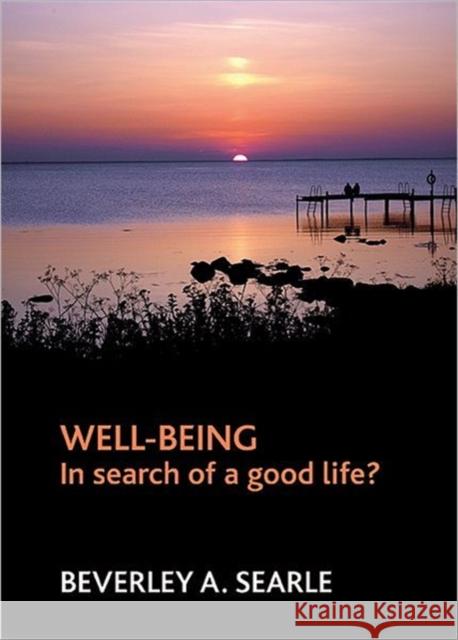Well-Being: In Search of a Good Life? » książka
Well-Being: In Search of a Good Life?
ISBN-13: 9781861348876 / Angielski / Twarda / 2008 / 208 str.
We are often told that 'money can't buy happiness'. But if money is not the answer then what is? This book considers this question by examining empirical data stretching back almost 10 years. Whereas previous concerns of individual well-being have been drawn towards the negative outcomes of life experiences, this book provides a new approach by directly addressing the circumstances under which high subjective well-being is experienced, often with surprising results. Drawing on nine years of panel data, the book examines demographic, social, spatial, health, domain satisfaction and socio-economic circumstances in a rich and complex longitudinal study, providing previously unknown information on factors associated with improved and sustained high well-being. It shows that subjective assessments of our circumstances are more important to well-being than our objective conditions and suggests that high well-being may be the key to improvements in people's subjective experience of a wide range of adverse (and other) life events. It also highlights that high levels of well-being are more likely to be associated with our social relationships and health status than with income or personal status, and that affluence is no guarantee to high subjective well-being and indeed may have negative consequences. The 21st century is seeing the emergence of a positive science, with a new focus on subjective well-being. This research adds new knowledge to the issues and debates which support the move towards a better understanding of the factors that promote subjective well-being. Such findings will be important to the international academic field as well as the national political arena where improving well-being has become a part of the government's agenda.











